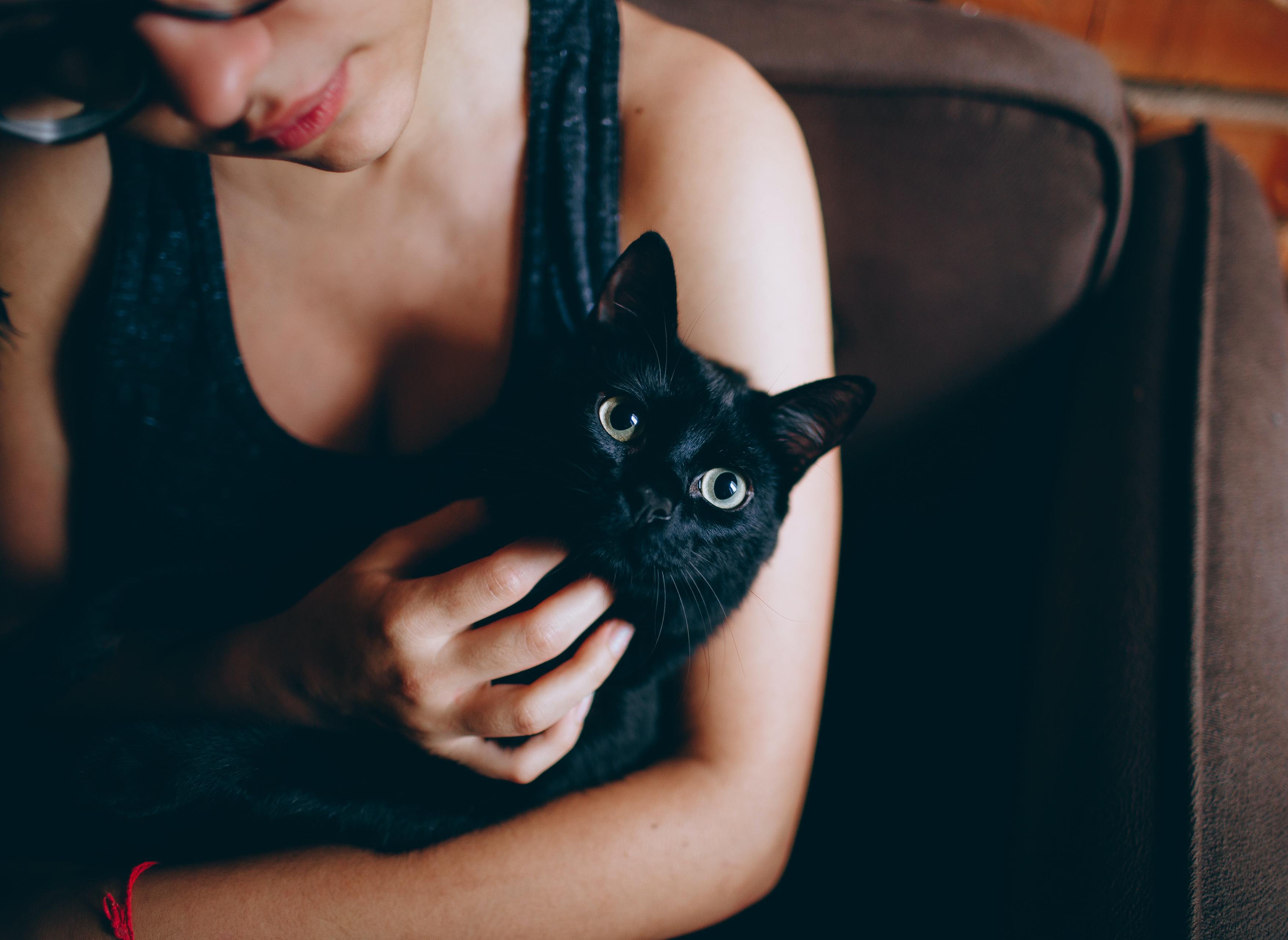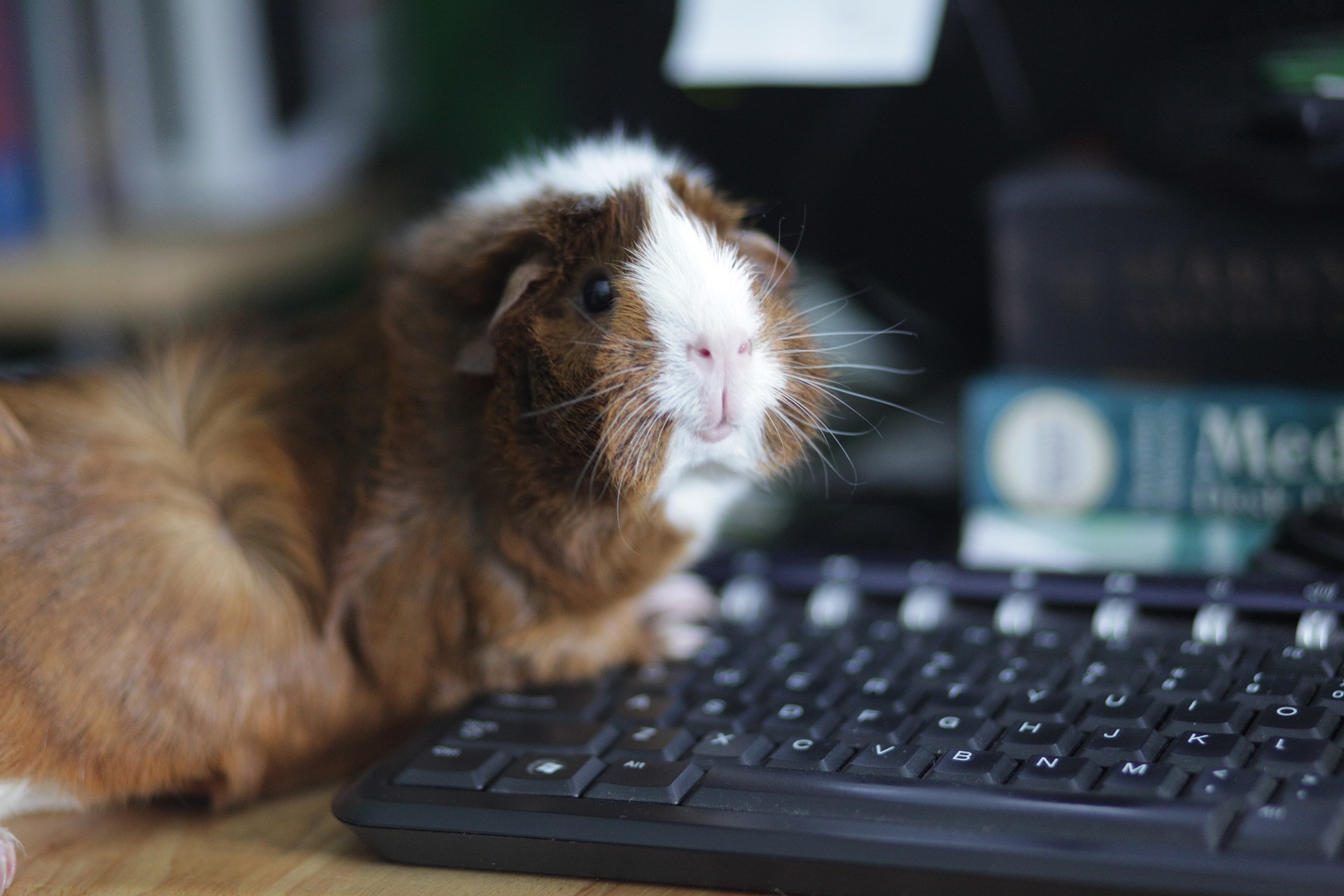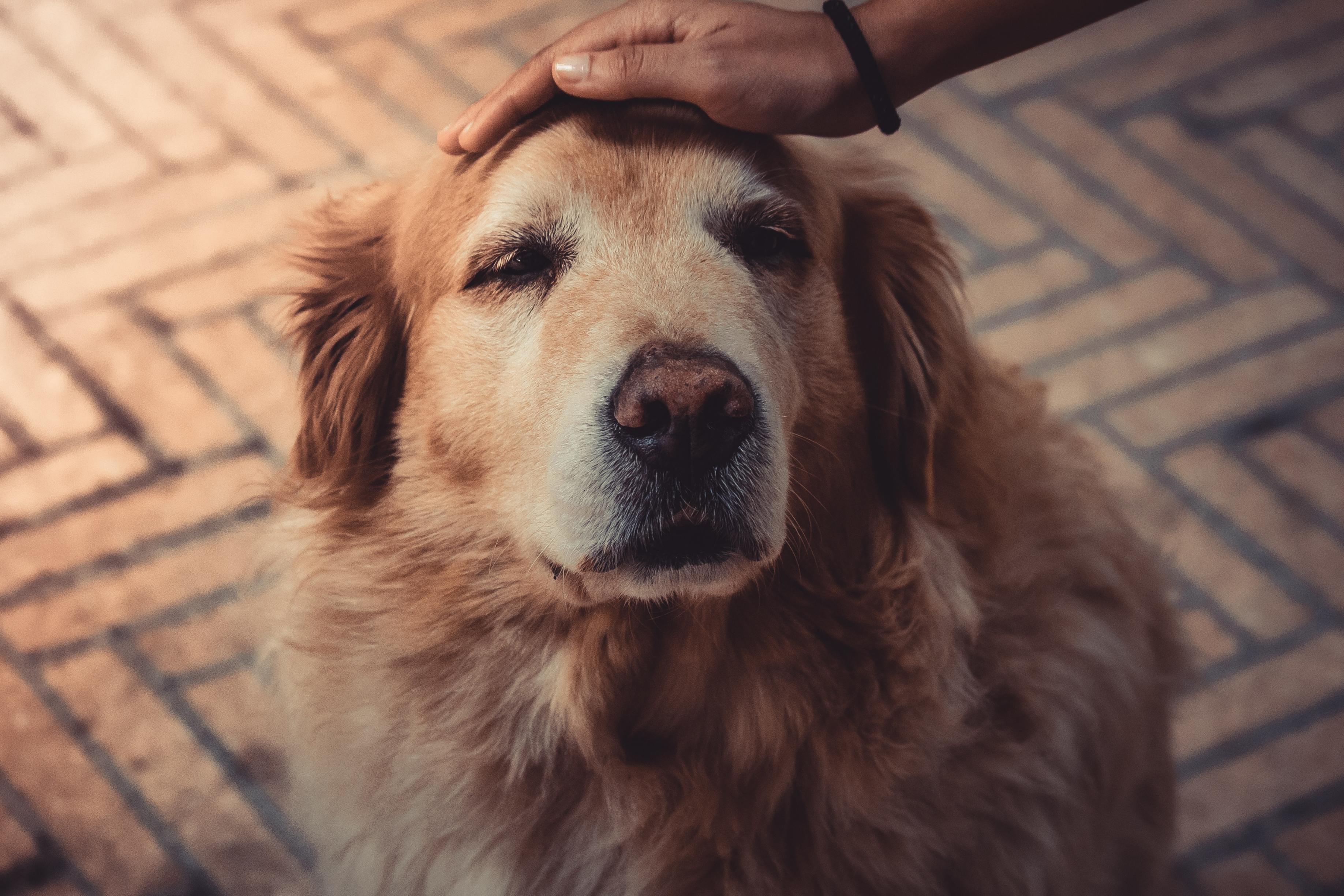 |
|

|
 |
 |
Navigating COVID-19 |
May 2020 |
 |
|
 |
Happy Mothers' Day to all our wonderful mums this Sunday - although it may be a smaller gathering for your family this year we know your family and your pets will show their appreciation for all that you do.
On the subject of mothers we are sad to advise that Hayley (sad for us but wonderful for Hayley) who has been on maternity leave following the arrival of Harrison late last year, has decided motherhood is definitely her place right now. She will not be returning to work with us but is staying home with her family. Her energy, organisation and wonderful customer service will be greatly missed however we are all delighted she is able to enjoy more time with Harrison during the very special early years of motherhood.
Our first newsletter article this month is on seizuring dogs. Those who have been nearby when their pet has had a seizure will attest to how distressing this is. There can be many reasons why our pet has a seizure - vet Nickala explains what a seizure is and what we can do if confronted by this situation.
A heartfelt thankyou to you for your help as we navigate the temporary change in consulting conditions. We do appreciate your patience and willingness to work through this period with us....we hope to be able to relax some of the restrictions on clients having to wait in our car park as the weeks progress.
|
 |

|
 |
 |
|
|
|
 |
 |
01 Is my pet having a seizure? |
 |
 |
 image pixabay
|
|
 |
What causes seizures in our pets?
Seizures can be a scary and confronting situation for any pet owner. Seizures are a clinical sign of abnormal brain activity which can be due to a variety of reasons. These include epilepsy, brain tumours, toxins, low blood sugar and electrolyte abnormalities.
How do I know if my pet is having a seizure?
Seizures vary in their severity and duration, ranging from a few seconds to more severe and life threatening status epileptics where seizure activity lasts for 5 minutes or more. Generalised seizures can cause a loss of consciousness, collapse, muscle shaking, salivation, loss of control of bowels or bladder and vocalisation. Focal seizures can be more subtle causing twitching of a specific body part.
Sometimes we may not see the pet having a seizure but may notice the symptoms during what is called the post-ictal phase (period after the seizure). This includes confusion, pacing, restlessness and salivation.
If you notice any of these symptoms it is important to contact your vet immediately.
The Orange Veterinary Hospital offers an after hours emergency service.
What can I do if my pet has a seizure?
- Try to remain calm and remember it is important to keep both yourself and your pet safe.
- Contact your veterinarian immediately.
- Try to prevent your pet from hurting themselves, move water bowls and other furniture out of the way, keep them away from stairs and place a cushion or towel under their head.
- Check the time and time how long the seizure lasts for. If there is someone else in the room, it may be helpful to have them film the animal.
- If your pet has a seizure that last for more than a few minutes they can become overheated, if it is safe to do so place a cool damp towel between their legs or on their belly.
- Before arriving at the vets, have a think about what may be around the house and yard. Is there a possibility the pet could have had access to poisons or toxins?
What will my vet do?
Your veterinarian will perform a physical examination of the pet and may perform blood and urine tests to check for underlying diseases and electrolyte abnormalities. Treatment will vary depending on the underlying cause and may include starting anti-seizure medications, hospitalisation and intensive care, or monitoring the pet at home for further occurrences.
|
 |
 |
|
|
|
 |
 |
03 How pets can improve your mental health during COVID-19 |
 |
 |

Some say that all clouds have a silver lining and perhaps one major silver lining of the COVID-19 crisis is being able to spend more time with our pets. It is a stressful and challenging time for so many people right now, but there is plenty of evidence that having a pet around can improve your mental health.
Many will concur that it is often a pet that gets us up and out of bed. Pets are pretty persistent when they want breakfast and dogs are usually good at insisting on their morning walk! The flow-on effect of this can be really positive for someone suffering from poor mental health, and this just another reason why we should never underestimate the power of pets in our lives!
Here are a few simple things you can do with your pet at home during this time to help improve your day:
Physical contact: a gentle pat or a cuddle with your pet can release feel-good hormones that help calm and comfort you.
Take time to slow down: walk your dog in the sunshine or sit with your cat while you have a cup of tea. These activities can do wonders for the soul.
Keep a routine: pets help provide us with a structure to the day and can give you a sense of responsibility with a 'reason' to get up and start the day positively.
Learn new skills: now's a great time to learn how to trim your pet's nails or how to groom your pet. Try brushing your pet's teeth, as this is considered a gold standard when it comes to pet dental care! Call us to ask for more information.
We'd love to see some photos of you and your pet enjoying this extra time together. Please send them to us via email or upload them to our Facebook page.
|
 |
 |
|
 |
 |
04 Top tips for a healthy pet during isolation |
 |
 |

There have been plenty of changes in the way we lead our life recently, and your pet's life has probably changed too! You, or the kids, may be home more and, if you have a dog, you are probably walking more to get out of the house.
With all of this in mind, here are our ten tips to help keep your pets safe during this period:
1. Keep your pet's exercise consistent: don't overdo it, especially if you have an older and arthritic pet as they can become stiff and sore after multiple walks to the park! If you think your pet might be in pain, you should call us for advice.
2. Try to keep a routine so that your pet knows what to expect.
3. Watch out you don't inadvertently feed your pet more during this period and come out with an obese pet!
4. As you will be eating at home more, watch that the human food isn't dropping on the floor and being vacuumed up by your pets.
5. If the kids are home more, does your pet have somewhere to go for some timeout?
6. With more people out with their dogs at the park at the same time, practice social distancing and keep your dog under control at all times to avoid dog fights.
7. Ensure that your pet is calm and collected around kids at parks to help keep everyone safe.
8. Avoid unnecessary visits to the vet by calling us first, as we may be able to help you over the phone.
9. To prevent separation anxiety after the pandemic, make sure you do leave your pet at home alone for short periods.
10. Keep an eye on your pet's daily habits: their appetite, thirst, urination and defecation. This will help pick up on any changes early.
If you are worried about your pet, you should always call us for advice.
|
 |
 |
|
 |
 |
05 Could now be a good time to get a new pet? |
 |
 |

Pets are a perfect companion to anyone during this challenging period. Pets provide unconditional love, physical comfort, and having a pet around can even improve your mental health. A dog will get you out and about walking (remember to practice social distancing even when you walk your dog). Cats are great companions and are perfect for helping keep you company while you are working from home or watching Netflix! Pocket pets and chickens also make excellent pets, especially if you have kids.
With many people likely to be home more over the next few months, this time could be an ideal time to get a new pet. The time can be helpful in getting a new pet settled into your family. You can also put some effort into training pets that have never learned good manners!
Here are a few questions you should ask yourself before you consider adding a new furry member to your family:
1. When you return to ‘normal’ work after the COVID-19 crisis has resolved, will you have the time to care for the pet? Will you be able to walk a dog daily? Will your new pet need to be left on their own for extended periods? Will this be fair on the pet?
2. Do you have the financial capacity to care for a new pet and provide the pet with appropriate healthcare, including vaccinations, parasite control, proper nutrition and grooming? Can you afford to desex a new pet or provide veterinary care if the pet is unwell?
3. If you are thinking about a puppy or a kitten from a breeder, perhaps think about adopting a pet instead. Shelters have reported a rise in the number of pets that are being put up for adoption due to the economic downturn and, sadly, this may get worse over the next few months. We recommend you call ahead (rather than just turning up) as many shelters have new rules in place in light of COVID-19.
These are all important considerations, as the last thing we want after this period is an influx of abandoned pets in shelters.
Remember that there is no evidence that companion animals, including pets, can spread COVID-19.
If you would like to discuss taking on a new pet, please call us, we are happy to answer any questions you might have over the phone.
|
 |
 |
|
 |
 |
06 New South Wales RSPCA introduces e-doptions |
 |
 |

Filling out a form online is almost becoming more second-nature to us than handwriting one. We online-shop for groceries, clothes, gifts and all sorts of other things, but how about for a pet?
The New South Wales RSPCA have shifted their thinking on how animal adoptions are conducted during the current pandemic. Everything is online.
With more than 500 animals being adopted from the RSPCA NSW shelters in just the last month, the power behind pet companionship in times of need has never been more clear. To care for the safety of all involved in the process, the animal rescue group have now made the search for a furry friend fully accessible from the comfort of your very own living room. If you're a NSW resident and ready to take on the adventure of a forever pet, then sit down, relax and scroll to your heart’s content through the RSPCA’s selection of pets.
On the RSPCA’s website, the application process has been made so user-friendly that all you need to do is click the link to the form, answer a couple of safety questions and fill in a few simple information fields about you and your chosen pet’s details. Your application is then ready to be sent. Much like an online doctor appointment, you’ll then be called via phone or video by a RSPCA representative for a consultation to discuss the adoption process.
Once you have been approved to home your new soulmate bunny, bird, guinea pig, pooch or kitty, with just a small fee, the RSPCA NSW team will organise a staff member to transport your new family member directly to you. Don’t forget that your pet is not just for social isolation, but for life.
Thanks to the RSPCA for safely bridging the social distance between furry friends and honest, life-long homes. Organisations like the RSPCA, who are adapting their operations to the changing times of social distancing and staycations, are another positive representation of the creative solutions that come from working together through COVID-19.
Is it time for you to e-dopt a forever friend?
|
 |
 |
|
 |
 |
07 Arthritis alert |
 |
 |

As Autumn comes to an end and you are at home with your pets more due to COVID-19, now is a good time to keep an eye out for arthritis. The colder weather always coincides with an increase in the number of pets with stiff and sore joints, so knowing what to look out for is essential.
The signs of arthritis in pets can be hard to detect, and it’s easy to blame the symptoms on your pet just simply ‘getting old’. The fact is, arthritis can be excruciating, and your pet will not always show a limp or yelp out in pain.
Here’s what you need to look out for in dogs:
- Stiffness and soreness, especially in the morning or after lying down
- Sleeping more or lying around for more extended periods
- Trouble jumping up on to furniture or into the boot of the car
- Changes in behaviour, such as being more grumpy than usual
- Muscle loss along the spine and down the legs
And keep an eye out for these symptoms in cats:
- Landing in a heap when jumping down
- Reluctancy to climb
- Hesitance jumping down from your lap or furniture
- Reduced grooming, leading to a poorly-kept coat and matted fur
The good news is that we can improve your pet’s mobility and ensure they are pain-free. We can also help slow the progression of arthritis.
Please phone us if you are worried about your pet and we will be able to help.
|
 |
 |
|
 |
 |
08 What you need to know about disc disease |
 |
 |

Intervertebral disc disease (IVDD) is a relatively common problem in dogs and rarely seen in cats. The intervertebral discs consist of a gelatinous substance surrounded by a thick outer layer, and they act as shock absorbers, providing flexibility to the spine.
There are two major types of IVDD:
Type I: characterised by disc herniation of the inner material of the disc. There is a sudden onset of symptoms and can occur in dogs (and sometimes cats) of any age. Type I IVDD is seen most commonly in short-legged breeds such as the Dachshund, Basset hound and Corgi but can also occur in larger breeds of dog, such as Dobermans
Type II: the discs become hardened over a long period and eventually break down, bulge out, and compress the spinal cord. Clinical symptoms are less severe, and it is more common in older and large breed dogs.
Signs to watch out for:
- Abnormal walking and a reluctance to jump
- Pain and weakness in hind legs (lameness)
- Crying out in pain, a hunched back or neck with tense muscles
- Reduced appetite and activity levels
- Loss of bladder and/or bowel control or unwillingness to stand or squat to toilet
Diagnosis: a neurological exam will help identify where in the spinal cord the injury is located. X-rays may show an abnormal area in the spine and further imaging such as a myelogram, MRI or CT may be necessary to identify the exact location of the disc herniation.
Treatment: options for treatment of disc disease depend on the type of disc herniation, the severity of symptoms, as well as breed and age of the patient. Some pets can be managed conservatively with pain relief and strict rest. Most patients need to have the disc material removed surgically.
Prevention of disc disease: in dog breeds that are predisposed to IVDD, keeping them lean can help reduce their risk. Jumping should be limited, and steps or ramps provided to help allow pets to get on and off furniture more safely.
If your pet is showing any of the above symptoms, you should seek veterinary attention urgently. The earlier there is a diagnosis of IVDD, the better the prognosis. Remember that we are always here to answer any questions you might have about your pet.
|
 |
 |
|
|
